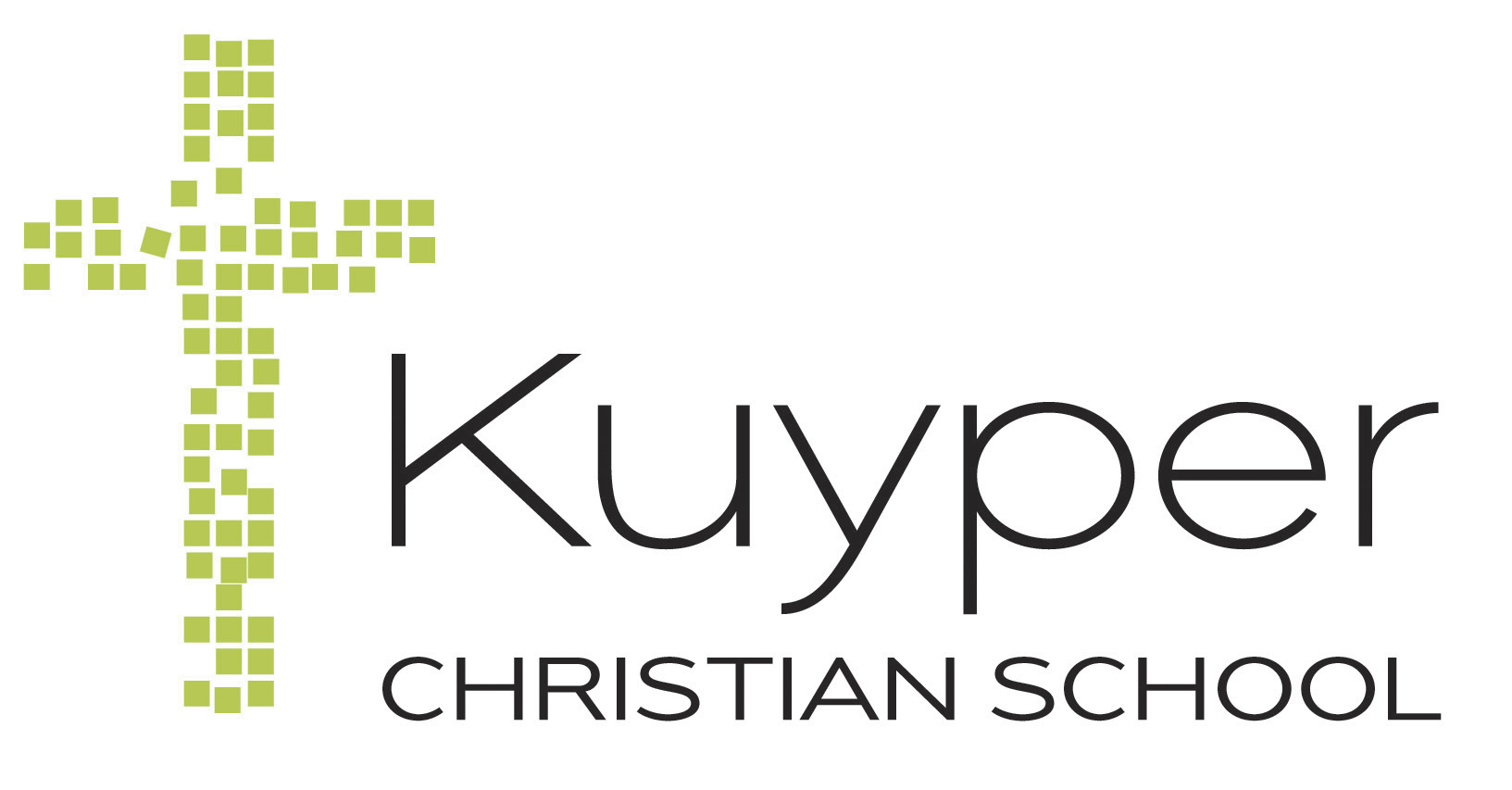Cassie Dixon, Head of Diversability
What a weekend! Between the Hawkesbury Show, Mother’s Day and other family commitments, I feel as though I spent more time with people in one weekend than I have since the start of lockdown last year. To be honest, I had forgotten about the small talk that happens when you first meet someone, or when you catch up with people you haven’t seen in a very long time. What do you do for work? Where do you live? Are you married? Do you have any kids? Where do you go to church? How’s your health? How’s life been going for you lately? How are things going at school? What kind of grades have you been getting?
I spent a few hours at the Kuyper Tent at the Hawkesbury Show on Saturday and interacted with a lot of people: past and present students and their families, prospective parents who wanted to learn about Christian education in the Hawkesbury, and others who were looking for a quiet place for their children to relax before moving on to the next exhilarating ride. Quite often, I found myself telling people my name and job title, and then asking them about their job and where they live, as if these things would help me to understand who they are.
Last week, my Year 8 Japanese students presented their self-introductions in Japanese in front of their peers. They had learnt the sentence structures and vocabulary required to communicate their name, age, grade, nationality, suburb, likes, dislikes and hobbies. I was extremely proud of them for presenting this information in a language they have only been studying for a few months. The students shared some things which helped me to know more about them, and how they see themselves, but their developing knowledge of Japanese grammar and vocabulary made it difficult for them to share anything of real depth. Actually, they probably know enough Japanese to hold the same kind of conversations I was having at the Show.
When we hold these conversations, we reveal those parts of our lives that we feel form the basis of our identities. For adults, our identities often revolve around our jobs, marital status, successes, wealth and belongings. For students, their identity is often based on the way they are received by family and friends, and their grades and abilities.
Rather than focusing on these external measures, what would happen if we dug deeper, or if we were brave during these conversations? Imagine if we encouraged conversations where we ask and answer questions like: What dream has God placed in your heart? What lessons has God been teaching you lately? What have you been struggling with? What have you been learning about yourself? How has God been challenging you to grow or change? Are there any areas of your life that you need to submit to God?
These questions are not easy to answer, but shifting our focus from external measures to heart matters may help us to look for different values in each other. Rather than comparing ourselves to others and feeling superior or inferior, maybe we would recognise others as people from whom we can learn valuable lessons. We may find that we are able to inspire or encourage others when they are facing challenges, or be reminded to trust God ourselves through the stormy seasons of life. Could the things that we have allowed to define us for so long be holding us back from fully submitting to God’s will for our lives; being used by Him in ways which we can only imagine.
No eye has seen, no ear has heard, and no mind has imagined what God has prepared for those who love him.
1 Corinthians 2:9

